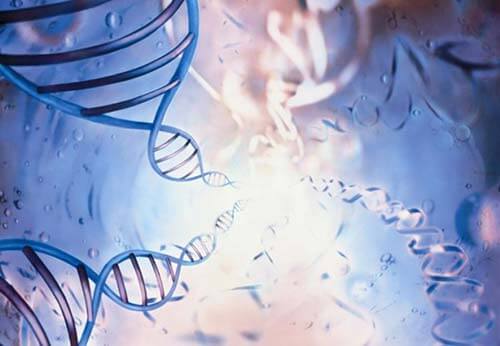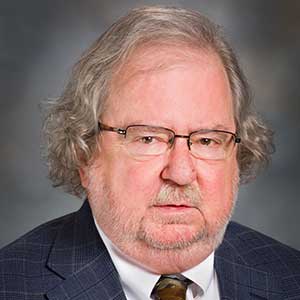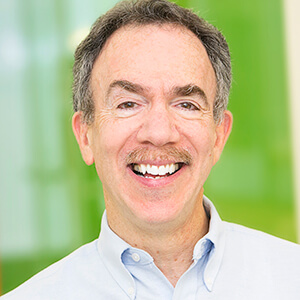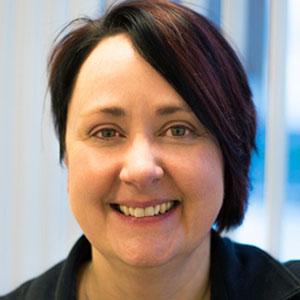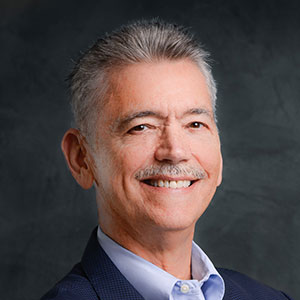Session Abstract – PMWC 2017 Silicon Valley
Session Synopsis: Immunotherapy is considered a game-changer and holds a lot of promise. This session will provide some background on immunotherapy, discuss whether over time immunotherapy will become the standard-of-care for most cancers, what long term cure rates are being achieved, the important role of combination therapy and some of the newer immunotherapy applications and therapies.
Session Chair Profile
PIONEER IN CANCER IMMUNOTHERAPY WHO DISCOVERED THE IMMUNE CHECKPOINT BLOCKADE
Ph.D., Chair of Immunology and Executive Director of Immunotherapy Platform, University of Texas, MD Anderson Cancer Center
Biography
Jim Allison, Ph.D. contributed to one of the most important therapeutic advances in a generation, inventing a completely new way to strike cancer that Science magazine named “breakthrough of the year” in 2013, citing Allison’s work. Over the past 30 years some of the most important discoveries in immunology have emerged from his lab. He was one of the first to identify the T cell receptor, he showed that a molecule called CD28 functions as the T cell’s gas pedal, and in 1995, he identified the T cell’s brakes. This led to his development of ipilimumb, an antibody that targets CTLA-4, blocking the breaks and unleashing a strong immune response, This opened up a new vista in cancer treatment. Immune checkpoint blockades are now approved for some late stage cancers and hundreds of clinical trials are underway in earlier stages of these diseases and against other cancers. Since 2011, Allison has served as director of Cancer Research Institute’s Scientific Advisory Council. He is a member of the National Academy of Sciences, the Institute of Medicine, a fellow of the American Academy of Microbiology and the American Association for the Advancement of Science, and an investigator of the Howard Hughes Medical Institute. Allison earned his doctorate in biological sciences from The University of Texas at Austin and a postdoctoral fellowship at Scripps Clinic and Research Foundation. He has been a professor at MD Anderson twice and at University of California, Berkeley, where he served as director.
Speaker Profile
M.D., SVP, Translational Medicine, Adaptive Biotechnologies
Biography
Dr. Kirsch is a pediatric oncologist who spent over 20 years at the NCI as a basic researcher, attending physician, and, ultimately, Chief of the Genetics Branch within the Center for Cancer Research. The research interests of Dr. Kirsch have been focused on cancer specific genetic instability and cancer genetics. In 2005 Dr. Kirsch joined the biotech/pharma company, Amgen, as an Executive Director heading the Oncology Research group at Amgen Washington in Seattle. Dr. Kirsch currently serves as the Senior Vice President of Translational Medicine, Adaptive Biotechnologies, Seattle, Washington and South San Francisco, California.
Talk
Immunosequencing in the Service of Immuno-oncology
Profiling the T-cell repertoire in the tumors and circulation of patients with cancer is revealing details about tumor biology and also possible prognostic and predictive biomarkers for immunotherapeutic efficacy. This talk will highlight some of the ways that the tumor-infiltrating T-cell repertoire can be analyzed and utilized.
Speaker Profile
D.Phil., CSO, Jounce Therapeutics
Biography
Debbie Law joined Jounce Therapeutics, a Cambridge-based biotech focused on cancer immunotherapy, as chief scientific officer in January of 2015. Prior to this, Debbie served as Vice President of Immunology, Oncology and Immunomodulators at Merck working on programs including pembrolizumab and MK-4166 (anti-GITR). She has over 20 years of experience in biologics drug development in the fields of oncology and immunology has held positions including VP of Biologics Discovery (Merck); CSO for Ablynxn.v. and VP of Research at PDL Biopharma. Debbie received her B.Sc. in Immunology from Glasgow University and her D. Phil. in Immunology from Oxford University prior to pursuing post-doctoral research at UCSF in San Francisco.
Talk
Developing JTX-2011 ICOS Agonist: A Translational Approach
JTX-2011 is currently under evaluation in the clinic for the treatment of solid tumors. This talk will discuss preclinical data supporting a dual mechanism of action for JTX-2011 and describe how these data, together with our translational approach, are helping to identify potential biomarkers that inform our clinical development strategy.
Speaker Profile
Ph.D., Vice President, R&D Clinical Sequencing Division, Thermo Fisher Scientific
Biography
In this role, Dr. Godsey is responsible for driving development of Thermo Fisher Scientific’s next generation of life science, transitional medicine and IVD products, including establishing a best in class companion Dx program as the centerpiece for CSDs Oncology Portfolio. Prior to that, he served as Senior Vice President of Product and Technology Development at Roche Tissue Diagnostics/Ventana Diagnostics, where he was responsible for leading the technology strategy, product development and on-market support. In this role, Dr. Godsey, built Ventana’s CDx program supporting Genentech, as well as external pharma partners such as Pfizer. Prior to Roche, Dr. Godsey led R&D Teams at Digene, Veridex, Gen-Probe and Dade-Behring. Dr. Godsey has had the privilege of launching a number of molecular Dx industry firsts, including the first FDA approved auto matched, molecular Dx asseys for blood screening, STD Screening and CTCs. Dr. Godsey also brings general management experience to any new challenge he takes on. He holds a Ph.D. in biology from St. John’s University.
Talk
Addressing Immuno-oncology Research Challenges for Predictive Biomarkers
Progress in developing breakthrough immuno-therapy treatments fuels research to identify informative biomarkers. We are investigating multiple approaches to identify biomarkers that may be useful in current development efforts and potentially useful for stratification and/or monitoring in the future. These and other projects aimed at advancing precision genomics will be discussed.

